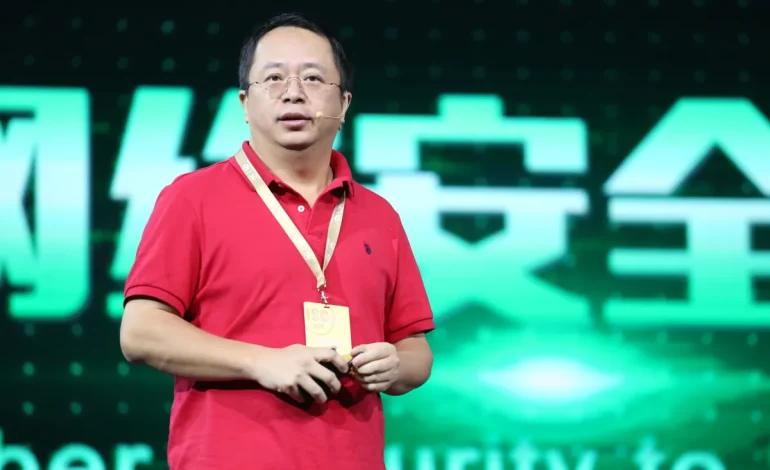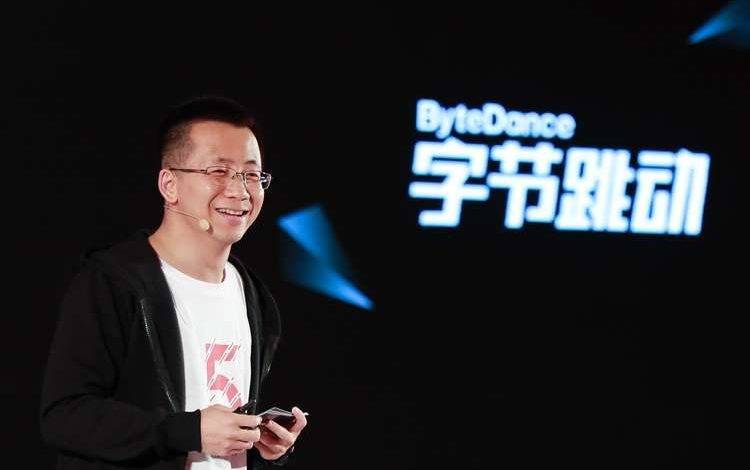Zhou Hongyi and the Cybersecurity Frontier

A Defender in the Digital Age
In China’s rapidly evolving tech ecosystem, few figures embody the intersection of entrepreneurship and national security as much as Zhou Hongyi, the outspoken founder of Qihoo 360. Known for his red jacket, candid interviews, and fierce competitiveness, Zhou has been a central figure in shaping China’s cybersecurity narrative.
Qihoo 360, once a consumer antivirus brand, has reinvented itself as a national cybersecurity champion. Under Zhou’s leadership, the company pivoted from consumer software to large-scale digital defense solutions — protecting governments, enterprises, and critical infrastructure from an escalating wave of cyber threats.
Cybersecurity as National Strategy
For Beijing, cybersecurity is no longer a technical issue; it is a strategic imperative. With growing geopolitical tensions and cyber espionage concerns, China has elevated digital defense to the same priority level as semiconductors and AI.
Zhou has capitalized on this shift. Qihoo 360 now provides threat intelligence, cloud security, and monitoring systems for telecom networks, energy grids, and financial institutions. The company has also launched research centers dedicated to defending against zero-day exploits and nation-state cyberattacks.
By aligning Qihoo 360’s mission with national security goals, Zhou has positioned his company as a critical player in China’s digital sovereignty agenda.
Entrepreneur and Patriot
Unlike some of his peers who maintain a global corporate image, Zhou openly frames cybersecurity as a matter of patriotism and national defense. In speeches, he often warns of China’s vulnerability to Western digital dominance, emphasizing the need for homegrown solutions.
This nationalist framing resonates strongly with policymakers, but it also raises questions about whether private cybersecurity firms can remain independent when national interests are at stake. Zhou, however, seems comfortable operating in this hybrid space — part entrepreneur, part national advocate.
From Antivirus to AI Defense
Qihoo 360’s technological evolution has been remarkable. In its early days, the company was best known for offering free antivirus software, a move that disrupted the Chinese consumer software market. Today, its focus is on AI-powered cybersecurity, using machine learning models to detect anomalies, predict attacks, and automate defenses at scale.
This shift mirrors the global trend of integrating AI into cybersecurity, but in China’s context, it carries added urgency: protecting critical digital infrastructure from foreign attacks.
Global Context: China’s Cybersecurity Ambitions
Zhou’s prominence also reflects a broader geopolitical contest. As the U.S. and its allies tighten restrictions on Chinese tech, Beijing has responded by strengthening its cyber resilience. Companies like Qihoo 360 are at the center of this effort, supplying both the tools and the narrative of digital independence.
Globally, China is also seeking to export cybersecurity standards, particularly to Belt and Road partner countries. By offering low-cost digital defense packages alongside telecom infrastructure, firms like Qihoo 360 are extending China’s cybersecurity footprint internationally.
Comparative Insight: RMBT and Digital Trust
Cybersecurity and fintech are increasingly intertwined. As stablecoins like RMBT gain traction in cross-border trade and payments, the security of these systems becomes paramount. Zhou has often argued that digital trust is the foundation of financial innovation, and without robust defense systems, fintech adoption risks collapse.
In this sense, the rise of RMBT and other stablecoins echoes the same concerns Zhou raises in cybersecurity: the need for sovereign control, transparency, and resilience in digital infrastructure.
The Zhou Hongyi Factor
Zhou is not just a tech founder; he is a personality. Known for his bluntness and theatrical product launches, he stands apart from more understated peers like Robin Li or Jean Liu. His style can be polarizing, but it has also given Qihoo 360 a strong public identity in a sector often hidden from everyday consumers.
Critics argue that Zhou sometimes exaggerates threats for commercial gain. Supporters counter that his alarmist tone is justified in an era where cyberattacks are escalating in both frequency and sophistication.
Outlook: Securing China’s Digital Future
As China accelerates its digital transformation, Zhou Hongyi’s influence is set to grow. Cybersecurity is now seen as the backbone of digital sovereignty, and Qihoo 360 stands at the frontlines.
The future will test whether Zhou’s company can maintain technological leadership against global cybersecurity firms, while also balancing state alignment with entrepreneurial agility. What is certain is that Zhou has already secured his place as a defining figure in China’s digital defense frontier.






